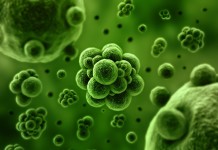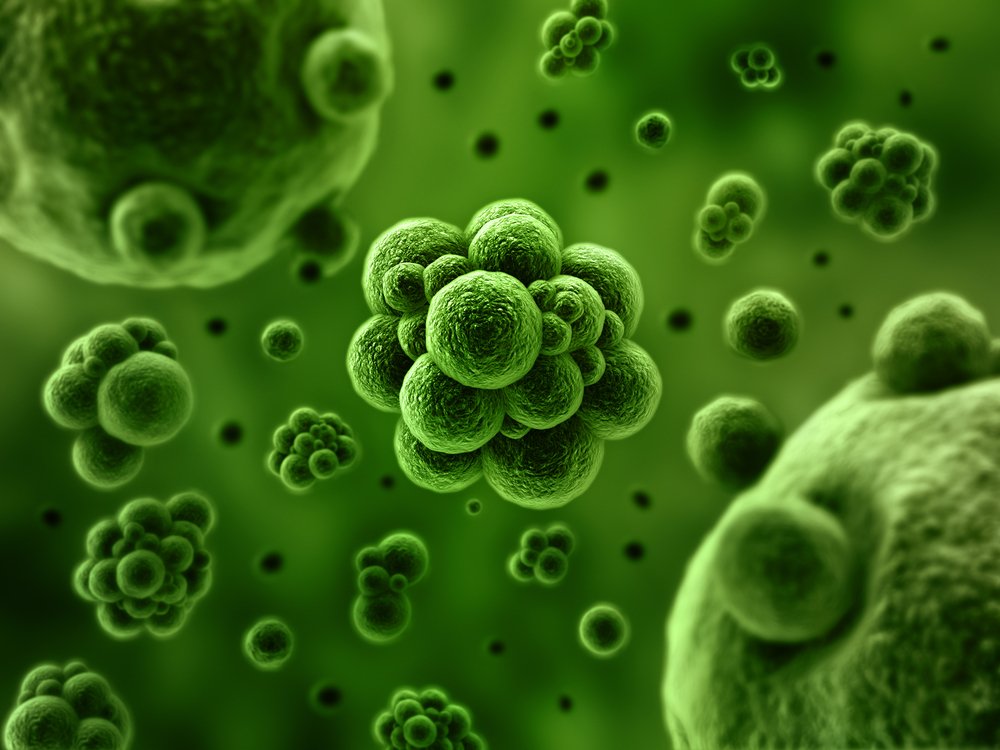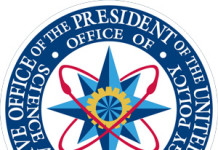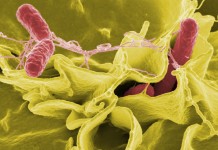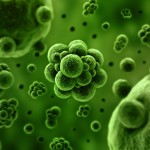Friday, November 6, 2015 at 8:00 PM
Abstract

The microbiome is the community of microorganisms that inhabits an environment, such as the human body, animals, soil, oceans, and every other ecosystem on Earth. The last decade has witnessed an explosion of knowledge about microbiomes in many habitats that has been accompanied by the realization that microorganisms control the health of virtually every ecosystem on Earth. The effects of microbiomes are far reaching. In human health, the microbiome is associated with chronic diseases such as obesity, diabetes, depression, and asthma, conditions that were long assumed to be due to other causes. In the environment, crop productivity, climate change, and ocean health are all influenced by microbiomes. There is tremendous potential for managing microbiomes to achieve beneficial outcomes for human health, agricultural productivity, clean energy supply, environmental health, and in the economy, but a new approach to microbiome research is needed to realize them. This lecture will discuss the new science of microbiomics, what we have learned about microbiomes, and how we may be able to use this knowledge to improve health, enhance agricultural techniques, and better preserve our environment.
Speaker
 Jo Handelsman is the Associate Director for Science at the White House Office of Science and Technology Policy. Prior to joining OSTP, she was the Howard Hughes Medical Institute and Frederick Phineas Rose Professor in the Department of Molecular, Cellular and Developmental Biology at Yale University. Before joining the Yale faculty she was Chair of the Department of Bacteriology and Professor in Plant Pathology at the University of Wisconsin-Madison.
Jo Handelsman is the Associate Director for Science at the White House Office of Science and Technology Policy. Prior to joining OSTP, she was the Howard Hughes Medical Institute and Frederick Phineas Rose Professor in the Department of Molecular, Cellular and Developmental Biology at Yale University. Before joining the Yale faculty she was Chair of the Department of Bacteriology and Professor in Plant Pathology at the University of Wisconsin-Madison.
Jo is an expert in communication among bacteria that associate with soil, plants, and insects. She is a pioneer of the field of metagenomics, particularly in the agricultural and medical sciences. She also has done important and notable research on science education and on women and minorities in science. She co-founded the Wisconsin Program for Scientific Teaching, the Yale Center for Scientific Teaching, and the National Academies Summer Institute on Undergraduate Education. She also co-chaired the PCAST working group that developed the “Engage to Excel” report on meeting the Nation’s STEM needs in the coming decade.
Among many awards and honors Jo was elected and served as President of the American Society for Microbiology and received the Presidential Award for Excellence in Science Mentoring.
Jo earned a BS at Cornell University and a PhD in Molecular Biology at the University of Wisconsin-Madison.




